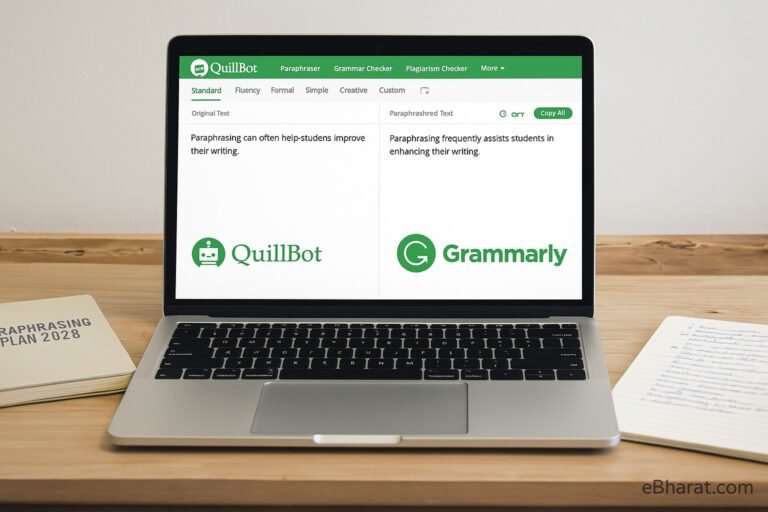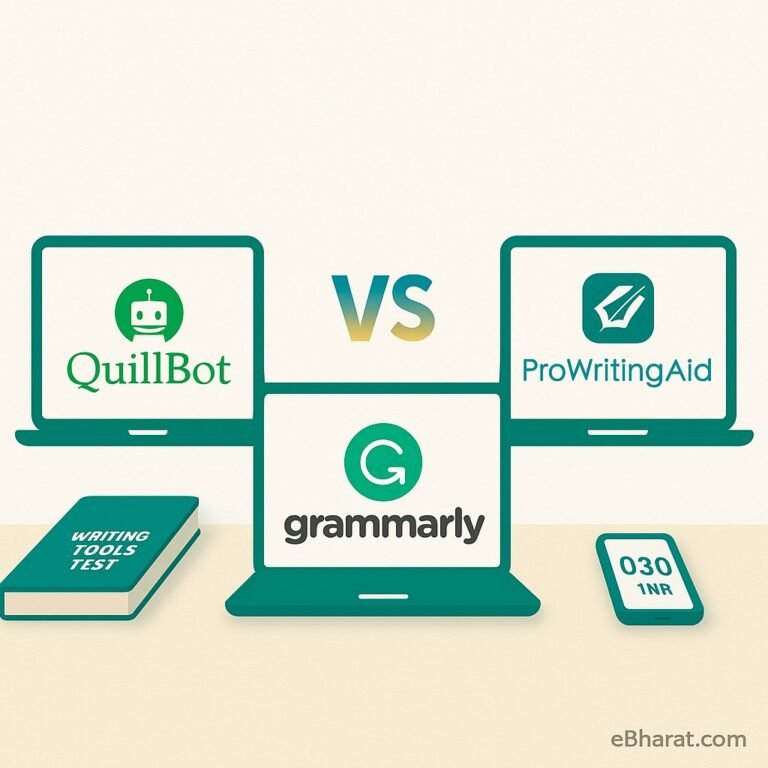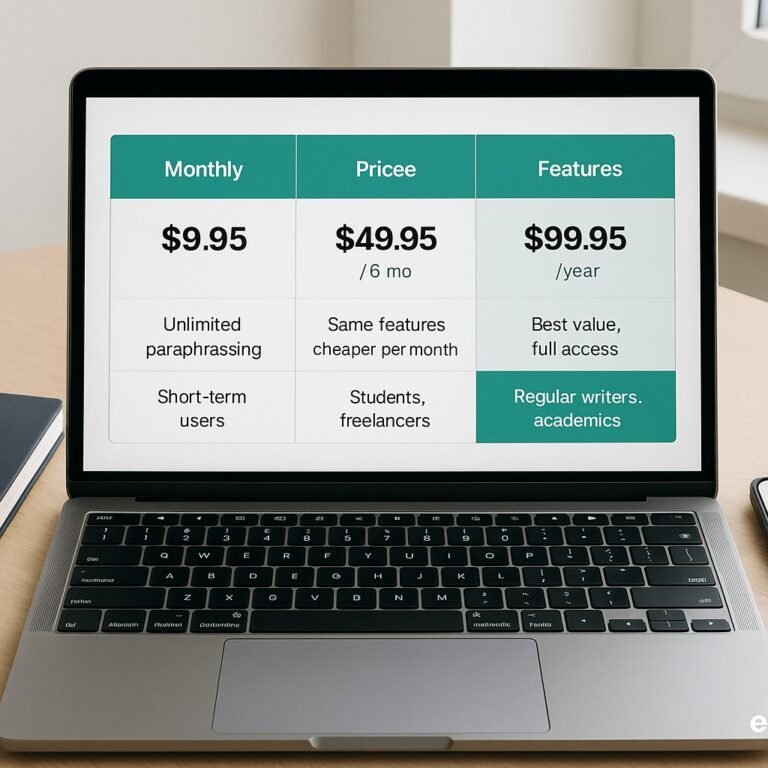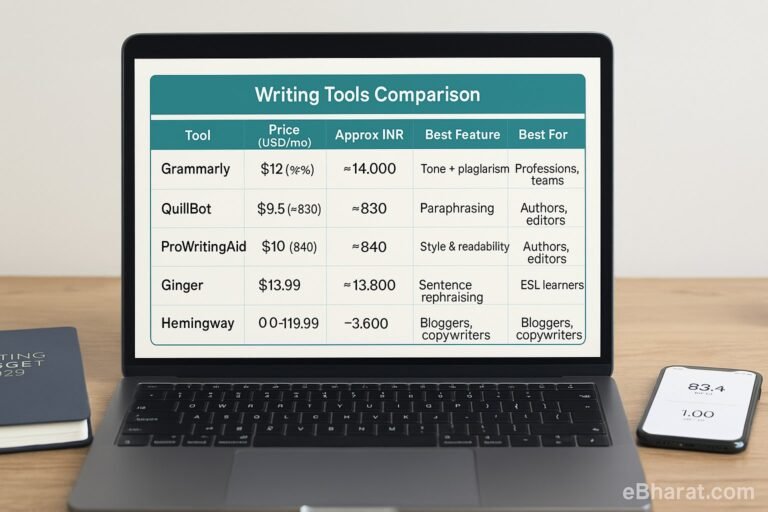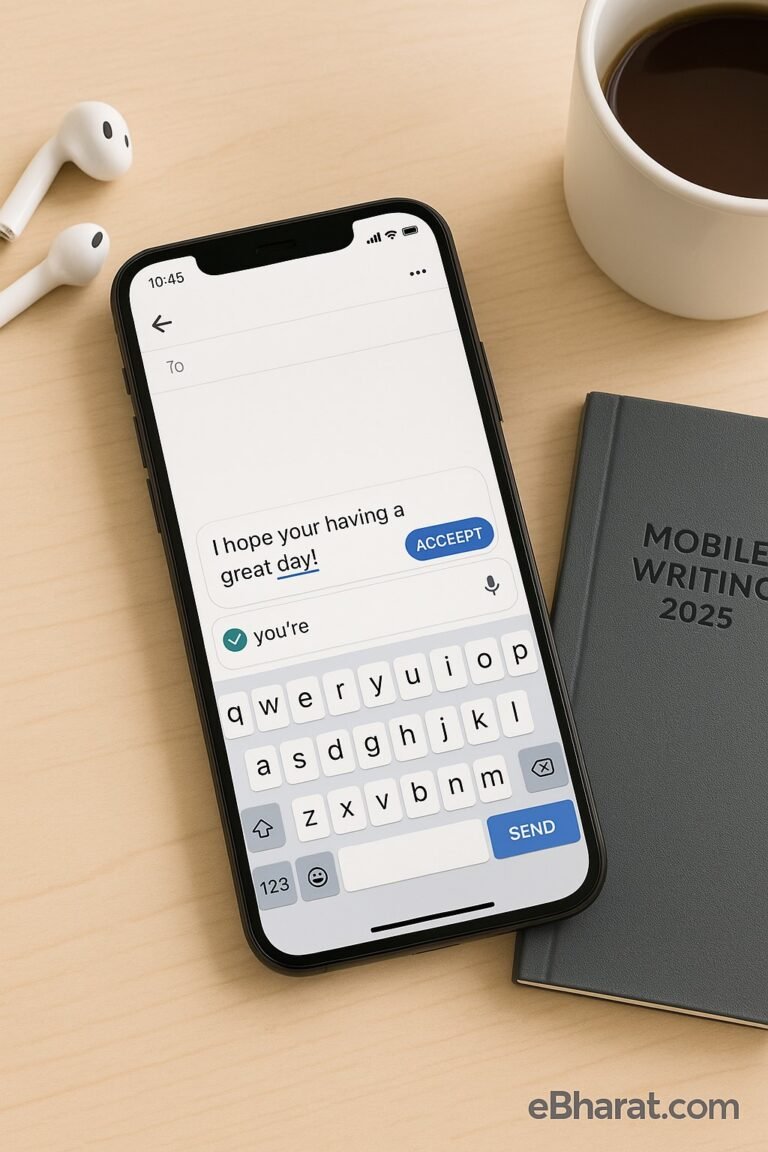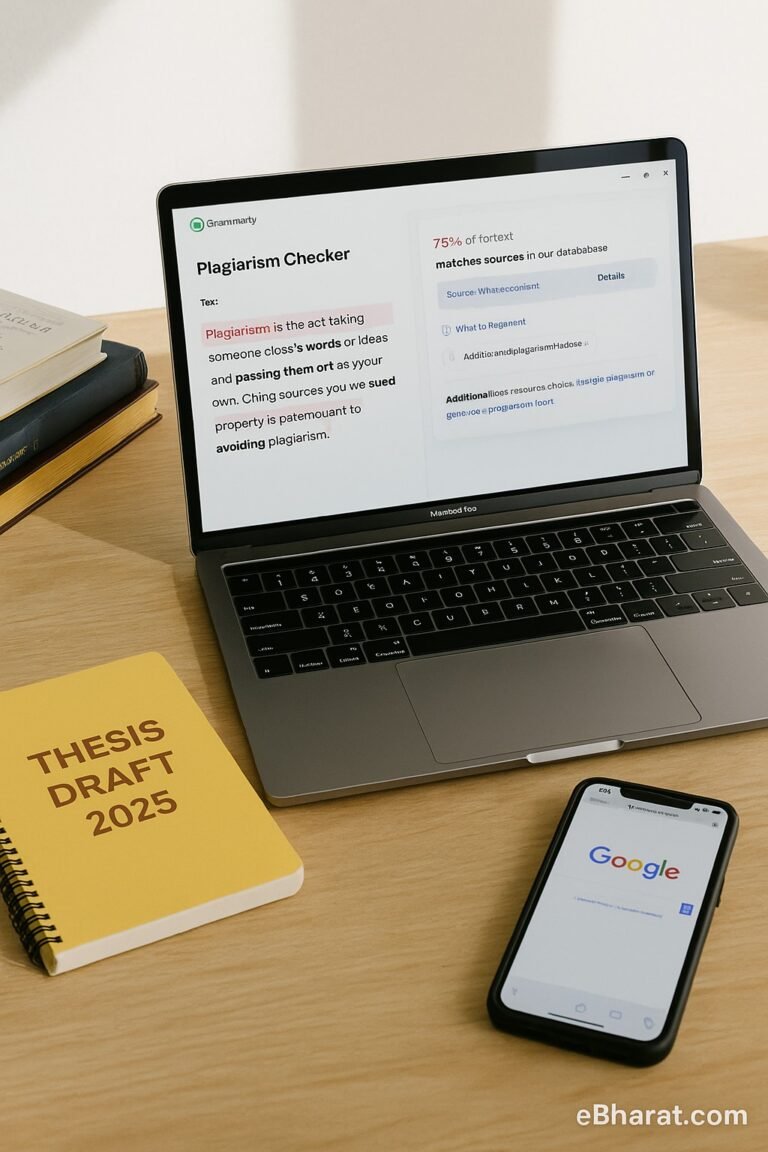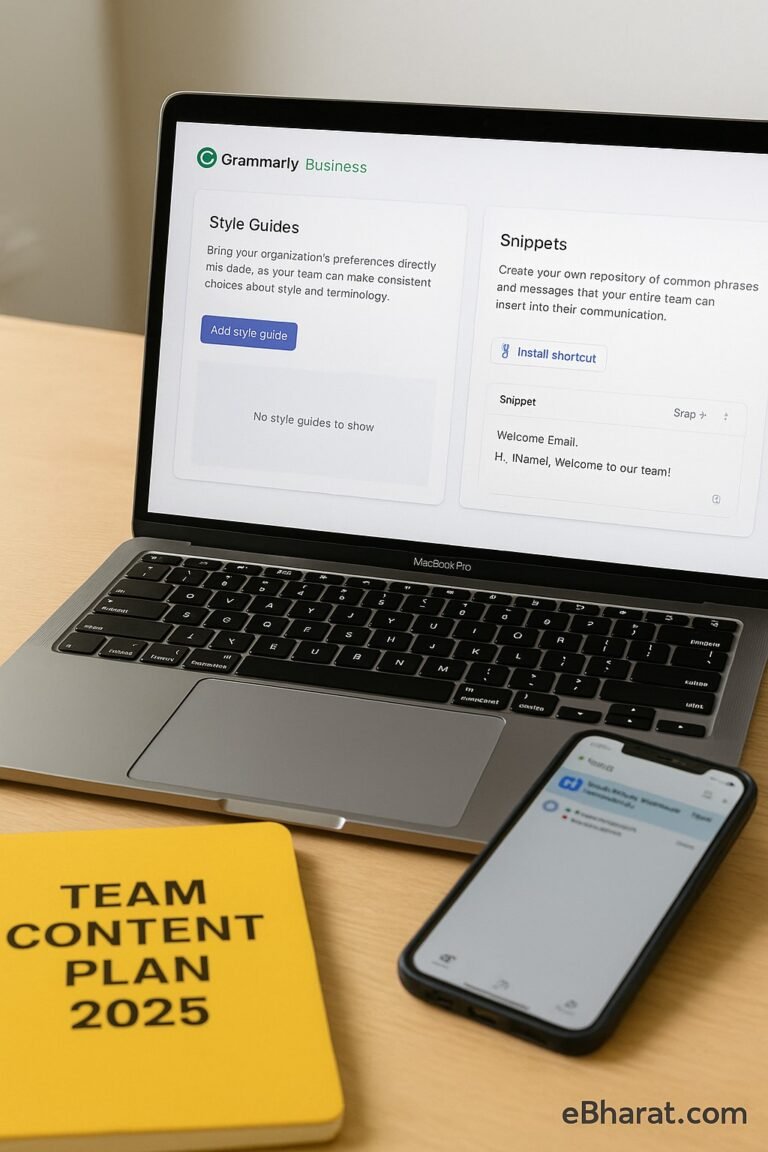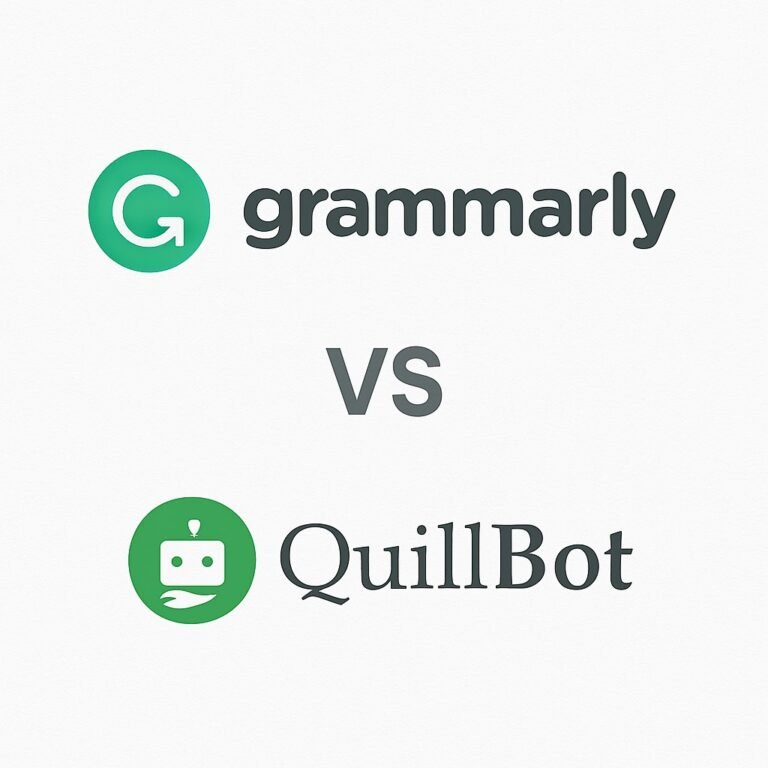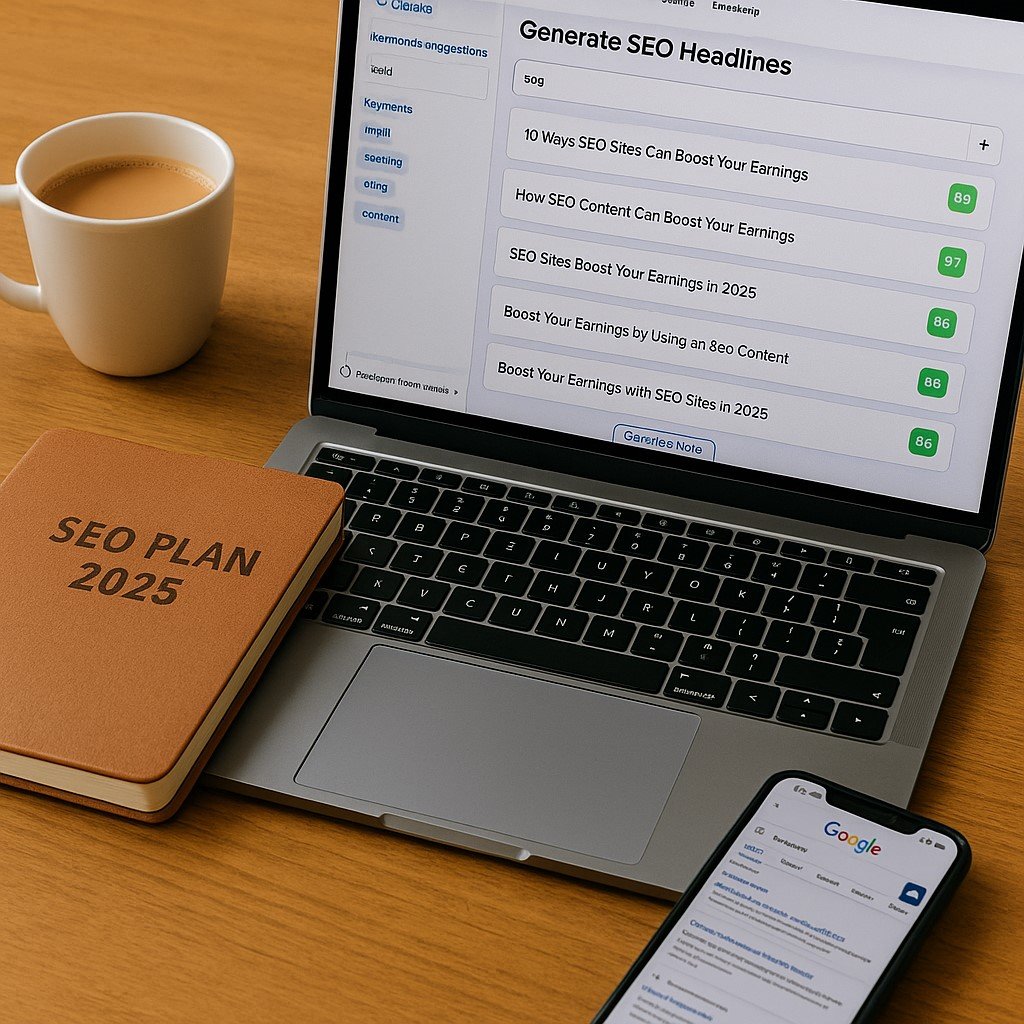
SEO works best when your content attracts both Google and real readers. The problem is, too many writers overload pages with keywords and end up sounding robotic. Anyword helps fix this by suggesting smoother phrasing and scoring copy for click potential. In this guide, we’ll see how to use it in 2025 without killing readability.
India Snapshot
- Starter Plan: $49 (~₹3,200) per month
- Data-Driven Plan: $99 (~₹6,400) per month
- Business/Enterprise: Custom quote
- Trial: 7 days (~2,500 words)
- Billing: USD-only; forex/GST issues for Indian agencies
- Best For: Bloggers, agencies, and e-commerce stores balancing SEO keywords with conversion copy
Start Anyword Free Trial and test keyword-friendly copy today.
Why Keywords Can Ruin Readability
Most SEO writers in India know the trap—stuff too many keywords and your page sounds robotic. Google notices. Users bounce. Anyword helps by:
- Suggesting natural phrasing around keywords.
- Scoring CTR potential for headlines and meta descriptions.
- Generating multiple variations to find the balance.
Example: Instead of writing “Buy health insurance plan India best 2025”, Anyword suggests something smoother like “Best Health Insurance Plans in India (2025) – Compare & Buy Online.”
Step-by-Step: Using Anyword for SEO-Friendly Copy
1. Choose Content Type
Pick blog intro, ad copy, or meta description inside Anyword.
2. Insert Keywords
Enter target terms (e.g., “best credit card India 2025”).
3. Generate Variations
Anyword creates multiple options. Each is scored for predicted performance.
4. Check Readability
Discard stiff or keyword-stuffed options. Keep those that sound natural.
5. Optimize for CTR
Use high-scoring variations as your page titles, ads, or meta descriptions.
Real India Use Cases
- Blogger in Mumbai: Uses Anyword to rewrite SEO headlines for lifestyle blogs.
- D2C Brand: Balances product keywords like “organic honey India” with user-friendly CTAs.
- Agency in Delhi: Generates multiple meta descriptions with keywords and chooses top performers for client sites.
Pros
- Helps balance SEO + readability.
- Predictive scoring supports CTR improvements.
- Multiple variations to choose from.
Cons
- USD billing, no INR/UPI.
- Needs pairing with SEO tools for full keyword research.
- Scores don’t guarantee rankings—only help with click appeal.
Checklist for SEO Writers
- Always start with researched keywords (from SEMrush, Ahrefs, or Ubersuggest).
- Enter keywords into Anyword, generate 3–5 variations.
- Pick the smoothest high-scoring version.
- Use it in headlines, meta descriptions, or intros.
- Run A/B tests where possible (e.g., on ads or landing pages).
Anyword won’t find your keywords, but it will help you use them naturally. For Indian writers and agencies, it’s a handy tool to refine copy so that it ranks and converts. While billing in USD is a drawback, the trial makes it easy to test before committing.
Try Anyword for Free and start creating SEO copy that reads like it’s written for humans.

